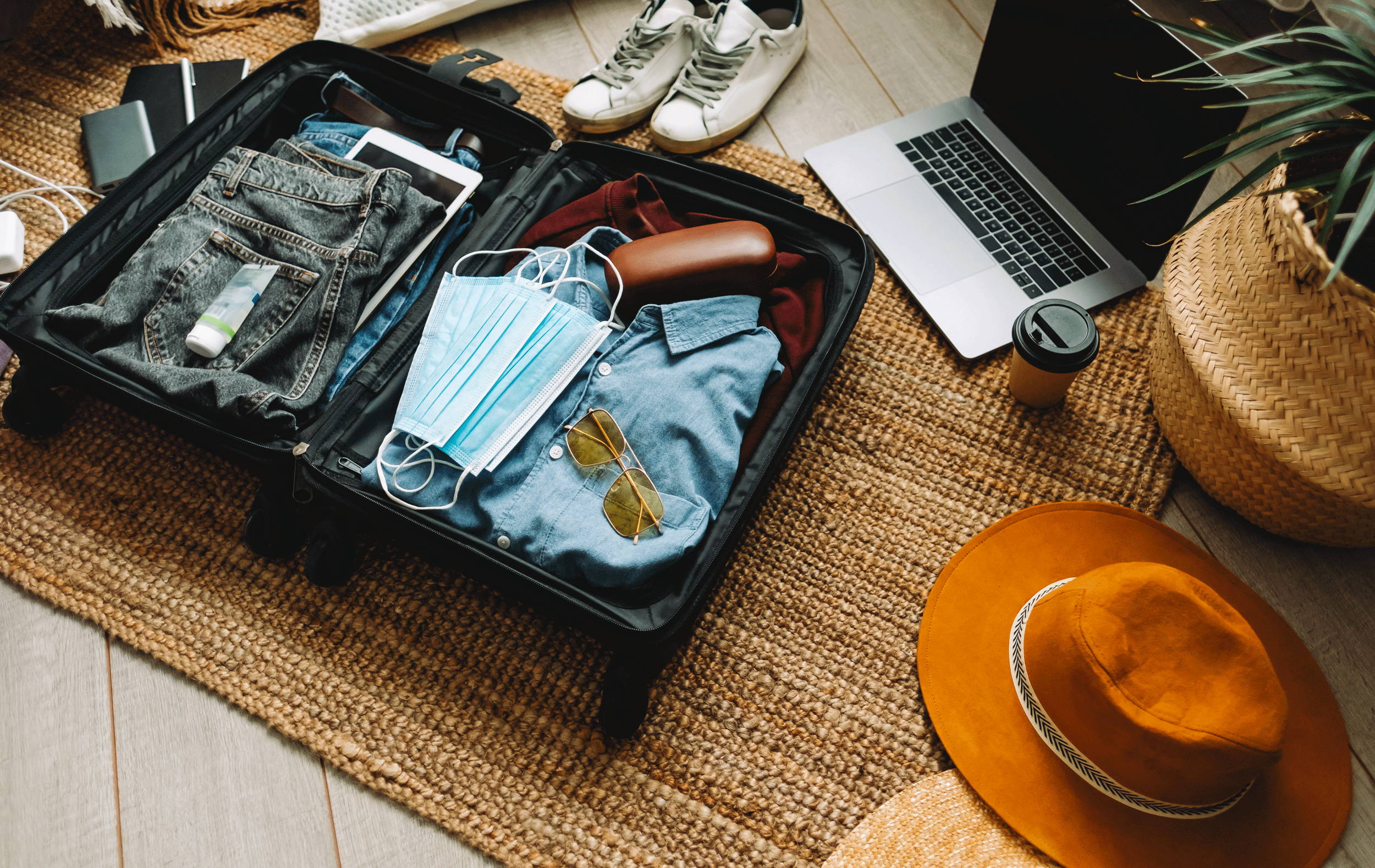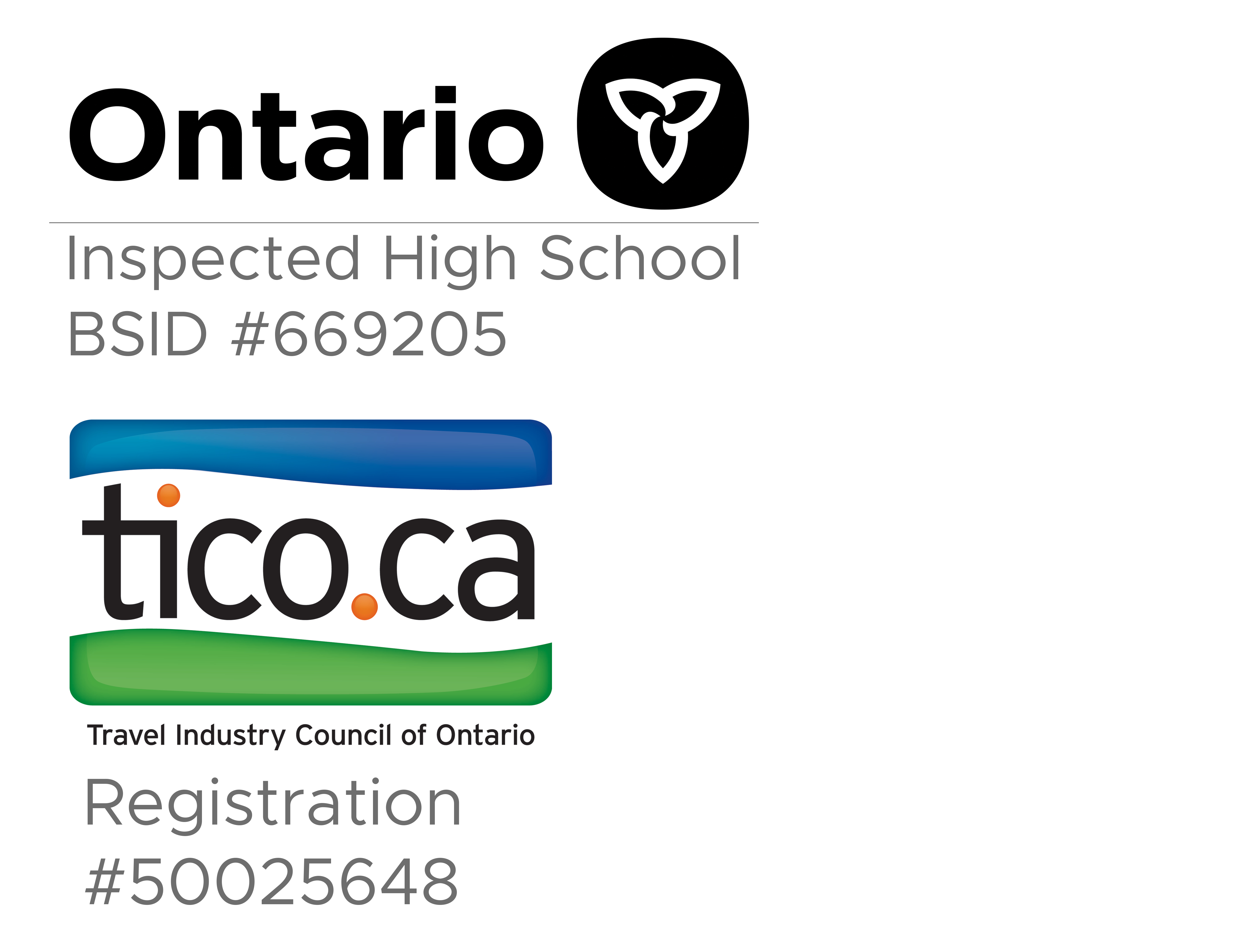Studying abroad and venturing to a new location can be a good way to see a different view of the world, learn about new cultures, and embrace a unique way of living. It can definitely open your eyes to new languages, people, and experiences.
If your child is planning to spend part of their summer (or more!) abroad to continue their studies, as a parent, it’s normal to be nervous or anxious about your child’s new adventure.
You may be wondering what steps you and your child should be taking to prepare for an extended trip overseas.
While this should be an especially exciting time for your child, it’s very important for them to keep safety, comfort, health, and budget in mind when planning their itinerary and packing checklist.
There are certain items that should not be neglected and a number of important things that need to be checked off their to-do list before departing.
Read below for our comprehensive guide to everything that your child will need for their time abroad.
Consider location and climate
First, when packing for a trip abroad, be mindful of the location and climate, as well as the length of your child’s stay.
Check the local weather forecast and pack clothing accordingly. Even if they’re travelling to a typically warm climate, always pack a sweater and long pants just in case. It’s also typically a bit cooler on the plane, so being sure your child has layers is important for a comfortable trip.
Most of the time, warm climates will get colder in the evening, and there might be the occasional chilly, windy or rainy day.
Always bring comfortable walking shoes, as you never know when they may be on their feet for an extended time.
Packing essentials for any trip include a bathing suit or shorts, pajamas, sandals, sneakers, a jacket, and at least one dressy outfit (in case of any formal occasion or restaurant dress code).
Keep documents up to date
If your child is travelling abroad in the near future, you will want to make sure all their travel documents (passport, driver’s license, visas, etc.) are up to date and valid.
Check the rules and regulations of the country they are travelling to, and make sure your child meets all requirements to travel.
This may mean getting additional vaccines or proof of a negative COVID-19 test or recovery, depending on the country they are travelling to.
Make sure these documents are accessible to your child while travelling. This may mean printing out physical paperwork or keeping a digital copy on their phone.
Pack lightly if possible
Packing as lightly as possible for your child’s trip will help them manage their luggage easily and leave room for any souvenirs or purchases they may return with.
Of course, it’s much easier to travel lightly if your child is only abroad for a week or less.
When the trip extends to over two weeks, packing lightly becomes more difficult. However, there may be a local laundromat or accessible washing machine where they’re staying, should they need to wash and wear clothing multiple times.
Travel with local currency
It’s always a good idea to equip your travelling child with some local currency.
Although most locations will take credit/debit, there may be few instances where the local currency comes in handy. This will also give them some peace of mind should they encounter unexpected circumstances. It would be wise to have about two hundred dollars in local currency for the first week or so, and your child will be able to use local ATMs to take out additional funds as needed.
Leave valuables at home
When studying abroad, no one should have to worry about valuables, expensive items, jewellery, or designer clothing.
Your child should be focused on immersing in a new environment and having a good time.
This means leaving valuables at home where they are safe and secure. This way, precious items will be safe from theft and won’t be in danger of becoming damaged or lost during travels.
Don’t forget adapters and converters
The outlets when travelling abroad are likely to be very different from the ones used at home.
Remember to invest in a universal adapter that can be used in different outlets and to research which converter is needed, depending on which country your child is visiting. It’s also important to note that some devices (think hair dryers or straighteners) may not be compatible with the voltage in the country your child may be travelling to: please check the voltage range on these items before departing.
Comfort is key
It’s definitely best to keep comfort in mind when packing for your child’s travel abroad. They will most likely be on their feet for extended periods and require convenience and comfort.
Forget high heels or tight and restrictive clothing. Instead, go for casual clothing that you can wear easily for hours on end.
Toiletries and hand sanitizer
Last, but certainly not least, remember to pack your airline-approved toiletries such as face wash, cream, sunscreen, shampoo, and conditioner.
Being mindful of COVID-19, it’s also good to have some hand sanitizer or disinfectant with you throughout the journey.
While it may take some cautious planning and extra preparation, studying abroad can be a wonderful and valuable experience for any student.
Don’t miss out on a once-in-a-lifetime opportunity to learn more about the world in a safe and enriching manner.
For more information on a study abroad program or to find out about student travel for your child, please call Global Summers Academy at 1-844-357-2621 or contact us here.
Our representatives would be happy to help guide you through some very exciting and educational travel opportunities in the near future. Please contact us to find out more and to get started on the experience of a lifetime.













